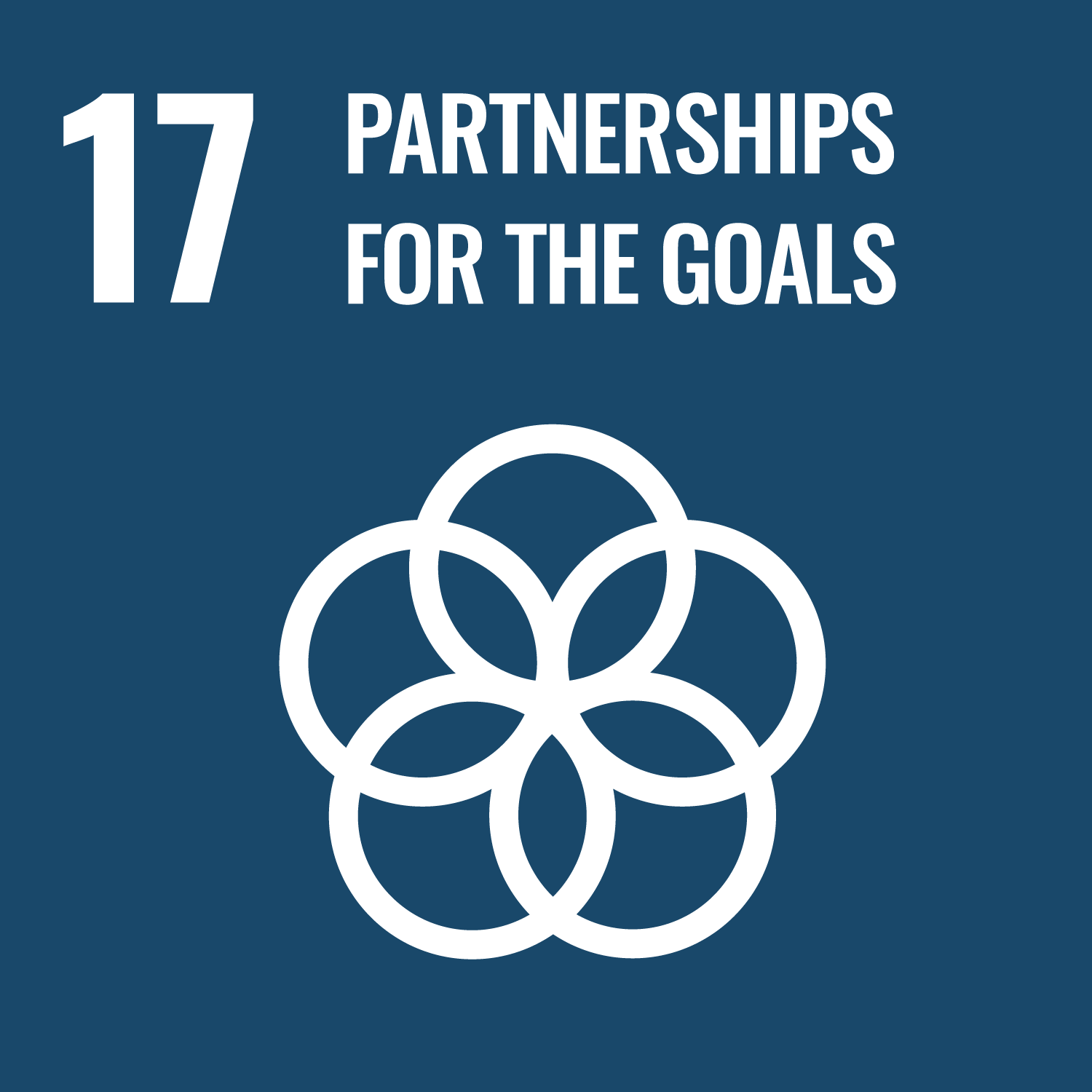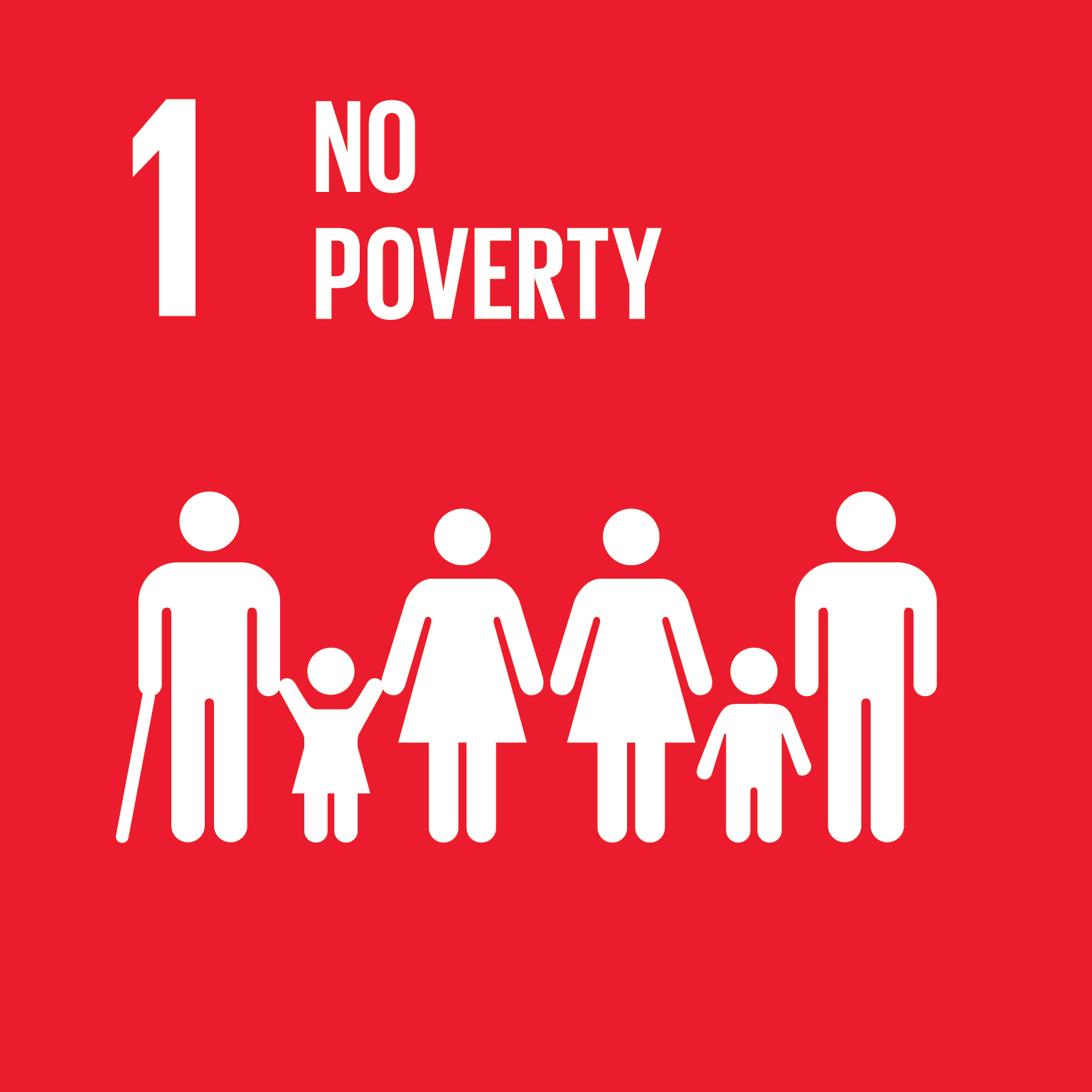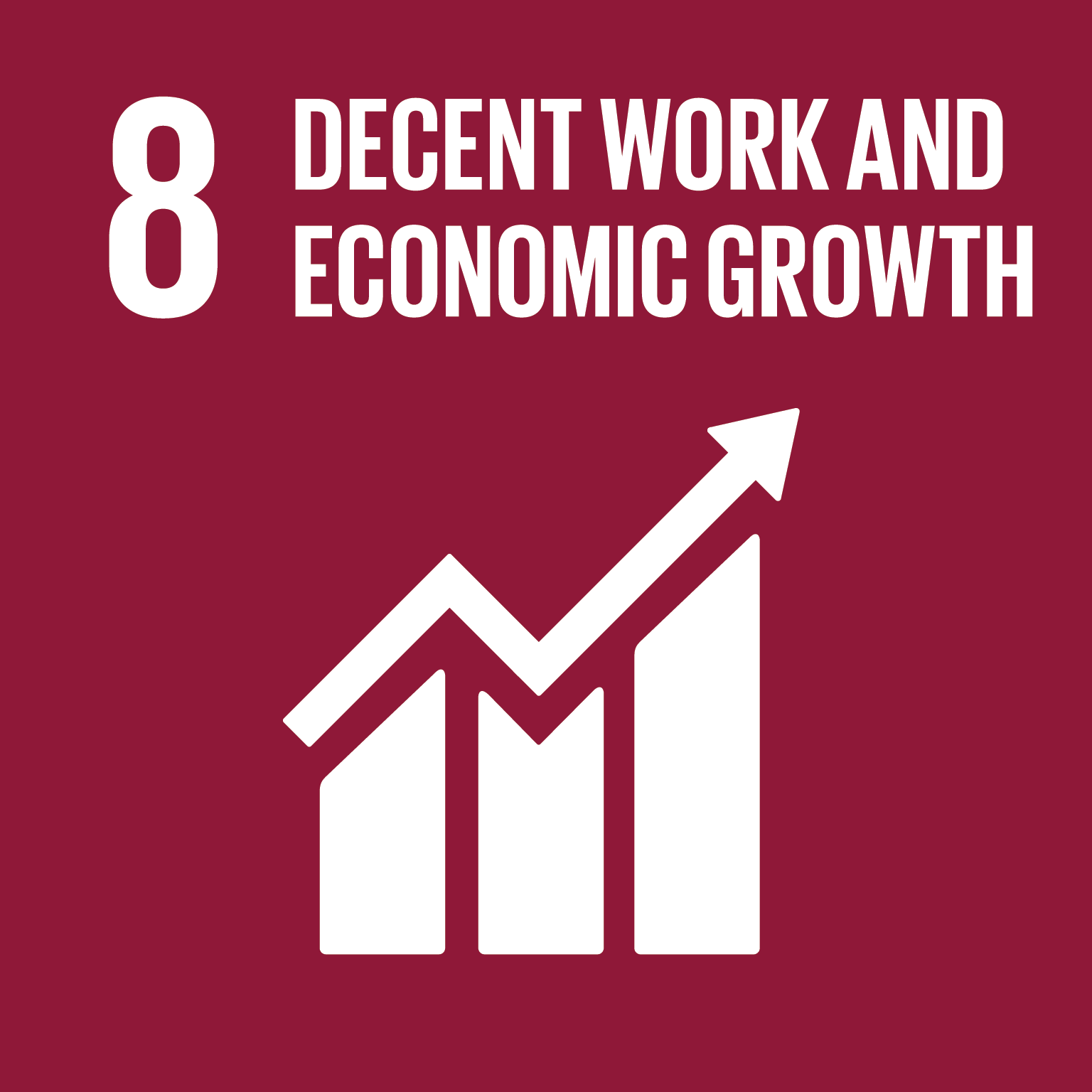Strengthening Africa’s Television Dubbing Skills
Promoting cultural and technological exchanges
Challenges
Africa is on track towards rapid development and its cultural industries need to be developed simultaneously. As a key component of the broadcast and television industry, dubbing is important not only to introduce outstanding overseas programmes into Africa to promote knowledge and learning, but also to develop the African television and broadcasting industry as a whole. Currently, dubbing in Africa faces two challenges: the lack of professional voiceover actors and actresses and the lack of professional dubbing technology.
These challenges can be observed particularly in the United Republic of Tanzania. Given economic and social development advances, demand is rising for wider television broadcast coverage and richer programme content, especially for learning. The translation of foreign TV programmes is an important source for content providers. Therefore, international support in dubbing, including technologies and skills, are greatly needed.
Towards a Solution
To help improve the capacity of voiceover acting and its relevant technologies in Tanzania, the China-Africa Business Council (CABC), together with its partner, Tanzania Broadcasting Corporation, proposed a practical training programme to promote Africa?s broadcast television dubbing skills. It includes the following activities:
- on-site research on the broadcasting and dubbing industries in Tanzania;
- selection of trainees from Tanzania for a professional training course in China;
- workshops to summarize the training experience; and
- promotion of dubbing technologies in Tanzania and other African countries.
In cooperation with Tanzania’s national television network and other relevant agencies, the project implementation group, StarTimes (a Chinese multinational media company), sent Chinese technical experts to Dar es Salaam, Zanzibar and Arusha, Tanzania. Through research and analysis of the local media environment, development status, and the translation programme and dubbing market, a set of technical solutions was designed to improve the level of voiceover services in the country. In addition, dubbing actors and actresses and recording technicians from Tanzania were selected to come to China for technical training, guidance in dubbing and recording, and support in voice and recording technology. As a result, they mastered China’s voice and recording technology at the highest level.
The training courses include three phases in which students are provided with advanced dubbing equipment (hardware and software) that best suits Africa?s current situation. Students are trained with the support of high-quality dubbing and post-production and finished projects. Students also attend detailed engineering demonstrations and receive dubbing materials, footage and other internal documents. At the end of each phase, a performance evaluation is conducted, followed by a workshop to summarize the training experience and outcomes.
The Tanzania dubbing technology training has achieved positive results and has become increasingly popular. Indeed, it has been recognized by other African countries on account of the design of its training standards, the training of professional voices and recording engineers, and sound design. In addition, it has promoted Sino-African cultural and technological exchanges.
The following results were achieved:
- The African local language dubbing training was designed. During the teaching process, a set of well- established training standards for local language dubbing techniques were established that can be replicated and promoted in dubbing training in other parts of Africa;
- A body of Swahili-language dubbed works were developed. As part of the training programme, by the end of December 2017, the students produced a number of Swahili-language dubbed works, including 19 television series, nine films, two cartoon shows and one documentary. After revision, fine-tuning and mixing, they met broadcast requirements and some were broadcast in Africa. They serve as useful templates and tools to help African audiences understand the dubbing process and learn techniques that can be used for replication in other countries and to ensure the programme’s sustainability;
- The students’ activities and the programme elicited a strong reputation. As the training course proceeded, students’ skills improved greatly. They then participated in two forums – the Belt and Road Forum for International Cooperation and the Seventh African Digital Television Development Forum – and held a performance that was praised by both the actors and the training class.
Contact Information
Mr. Bai Xiaofeng, China-Africa Business Council
Countries involved
China, United Republic of Tanzania
Implementing Entities
China Africa Business Council and StarTimes
Project Status
Completed
Project Period
11/2016 - 2020
URL of the practice
www.en.cabc.org.cnPrimary SDG
04 - Quality Education
Secondary SDGs
08 - Decent Work and Economic Growth, 17 - Partnerships for the Goals
Primary SDG Targets
4.4Similar Solutions








